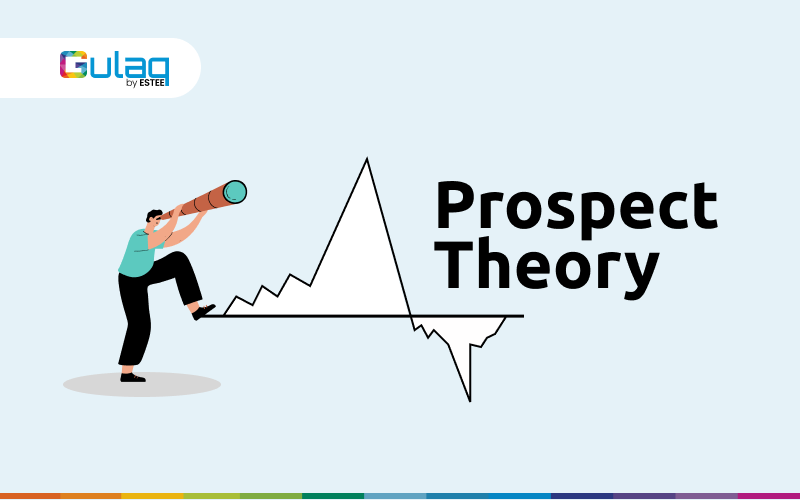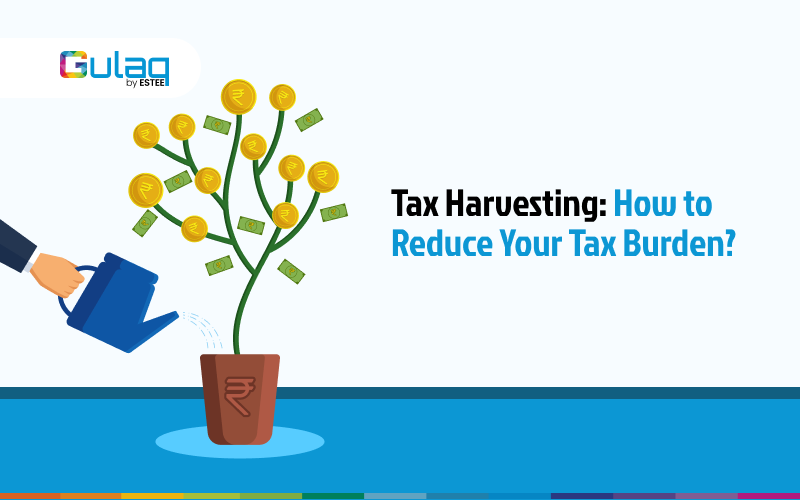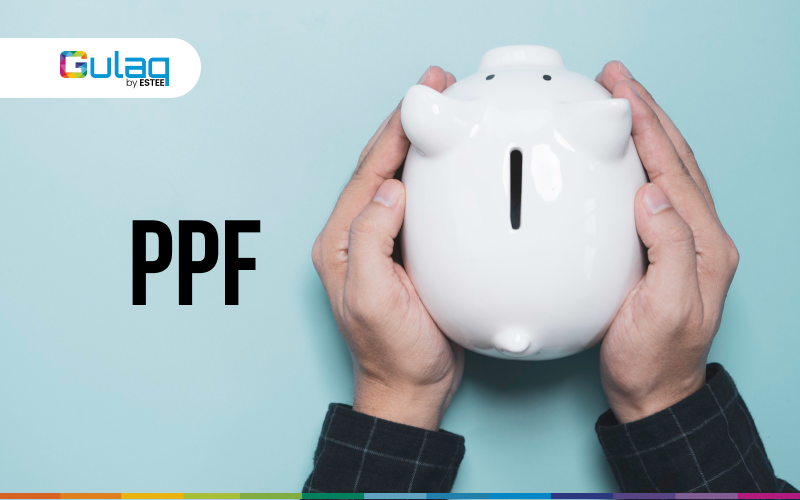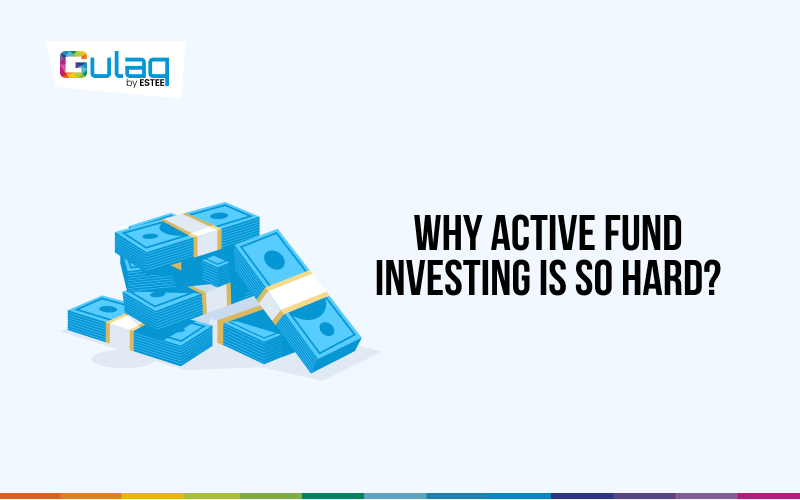
Prospect Theory
As much as investors like to consider themselves rational, the fact of the matter is that most are unable to maintain their rationality when times get tough.
Prospect theory is one of the most famous behavioral finance theories that describe how investors behave in risky situations. It was developed by Amos Tversky and Daniel Kahneman, the author of “Thinking, Fast and Slow,” in 1979.
In this blog post, we are going to delve deep into the theory and explore how it might be affecting your portfolio. More importantly, this blog will demonstrate that investors are not actually rational; they are normal.
Let’s jump right into it!
Scenario 1:
Imagine a scenario where you, as an investor, are presented with two opportunities. You can either enter into a bet where you have a 50% chance of winning Rs. 2000, or you can choose to get Rs. 1000 straightaway.
It’s a win-win situation. With both options, you gain something. With the first option, there is a bit of uncertainty but also a higher payoff, with the second one, the uncertainty goes away, but you have to compromise for a lower amount.
Which option would you choose?
From a purely rational perspective, a risk-neutral investor would be indifferent since the expected value of both options is the same, i.e., Rs. 1000.
50% of 2000 = 1000;
100% of 1000 = 1000;
However, several economic experiments have revealed that a large majority of people would prefer to take the certain Rs. 1000 rather than let the probabilities decide their fate.
To many of us, this choice will seem intuitive and even logical. Expected value analysis only works where the decisions are to be made over and over again, and under one-off decisions like this, the final choice ultimately depends upon the risk preference of the subject.
Most people opting for the second option suggest that, on average, people are naturally risk-averse.
Our ancestors survived in a very hostile environment where a potential threat was always lurking around the corner, and entering into uncharted territory could potentially lead to death. Thus, we evolutionarily got hard-wired to avoid the unknown.
However, what was a little more surprising to me was how strongly we despise uncertainty. The same economic experiments revealed that a good chunk of people were even willing to settle for options less than the expected value rather than take the risk of ending up with nothing.
In our example, a lot of people were willing to settle for Rs. 800 and even Rs. 600 rather than take the risk of ending up with nothing.
The emotional pain of losing is so strong that it prevents a lot of people from taking chances. One can easily draw parallels to this in other facets of life, but that is something which is outside the scope of this blog.
The bottom line is that people are naturally risk-averse when they are faced with situations resulting in gain as they fear losing the certain.
Scenario 2:
Now, imagine another scenario. This time it’s a loss-loss situation. You can either pay Rs. 1000 straightaway, or you can enter into a bet where you have a 50% chance of paying either Rs. 2000 or nothing.
IWhich option would you choose this time?
The so-called “rational person” would again remain indifferent as the expected value is the same, i.e., 1000.
50% of 2000 = 1000;
100% of 1000 = 1000;
However, I think so far we have established the fact that humans are not actually rational; they are normal
In this scenario, most people would actually prefer to take the gamble than pay the Rs. 1000 straightaway. This is because people hate losing, and since there is hope to avoid the potential loss, most people would prefer try their luck rather than accepting the emotional pain of losing.
Bottom Line
In situations resulting in gain, people become risk-averse to avoid the emotional pain of ending up with nothing.
In situations resulting in loss, people become risk-seekers to avoid the emotional pain that would come from accepting the loss.
Under both scenarios, people’s decisions were motivated by them trying to avoid the emotional pain of loss. This suggests that investors don’t perceive losses and gains equally. In fact, a neurological study revealed that people are twice as more sensitive to losses than they are to gain, and hence avoiding the loss instinctively becomes a primary decision-making factor.
This transcribes into investors booking the profits from their winners early on to avoid the emotional pain of seeing those same stocks go down in value. And holding on to the losers to avoid facing the emotional pain of selling the stocks at a lower value.
Prospect Theory is just one amongst many psychological biases that affect our investment decisions. This is why I always prefer a systematic rule-based investing style (the one we adopt at Gulaq) as it helps avoid of lot of these biases.
Related Posts
Financial Planning for People in 20s
Your 20s are the decade where you lay the foundation upon which you build your…
Prospect Theory
As much as investors like to consider themselves rational, the fact of the matter is…
Tax Harvesting: How to Reduce Your Tax Burden?
FY 23-24 has been great for Gulaq. We were able to generate phenomenal returns for…
Don’t Miss the Forest for The Trees: Why Maxing Out the Rs. 1.5 Lakh Limit on Your PPF Before 5th of April Is Not Worth the Hype
As the financial year has ended, the buzz around investing the entire Rs. 1.5 lakh…







